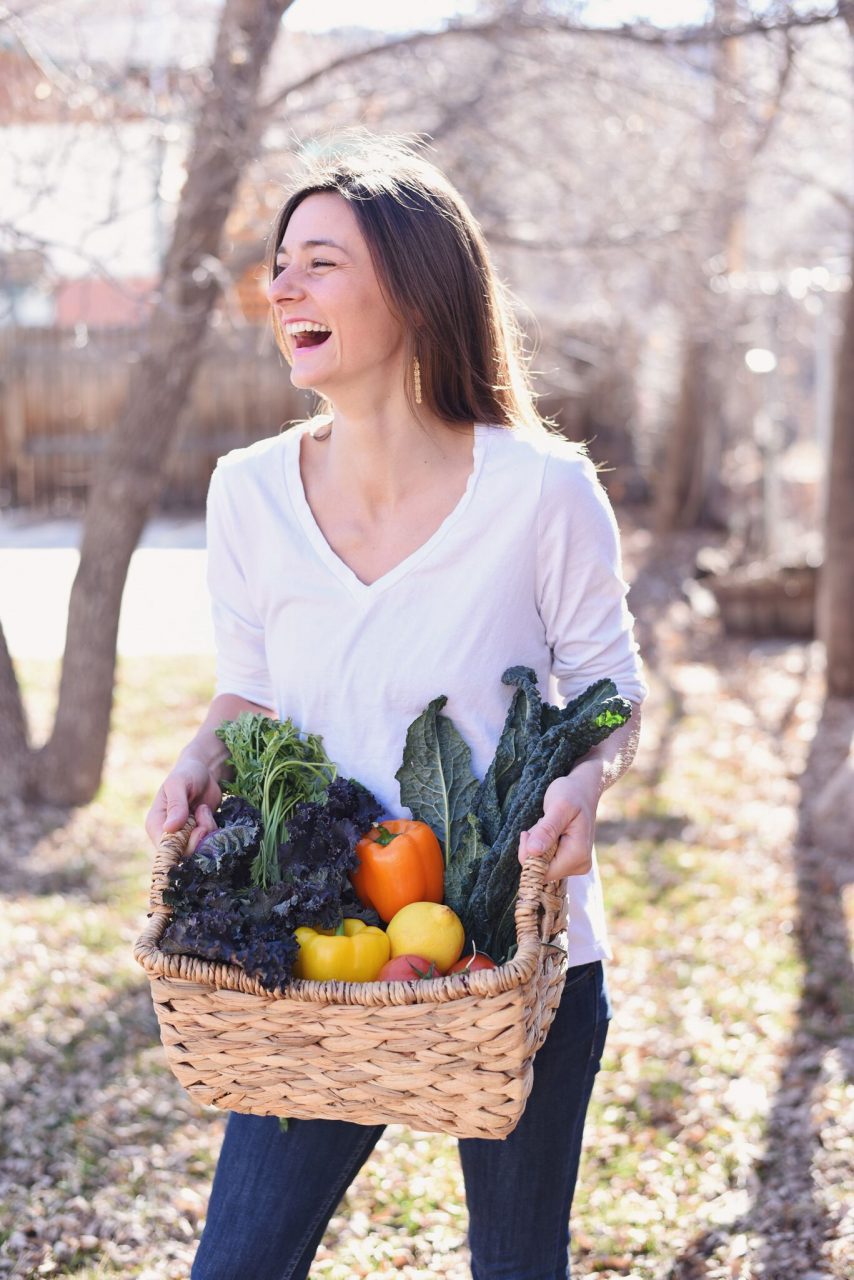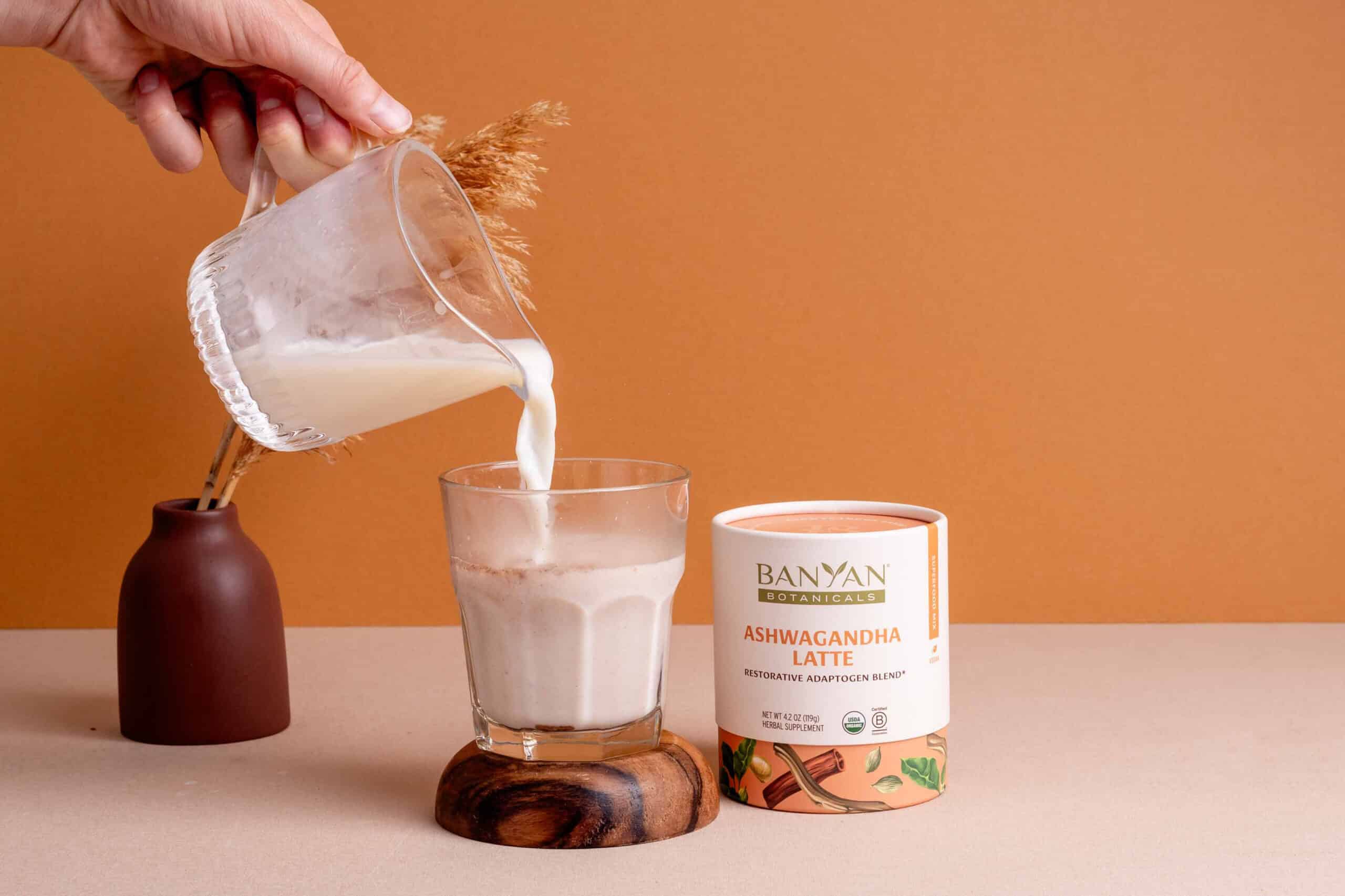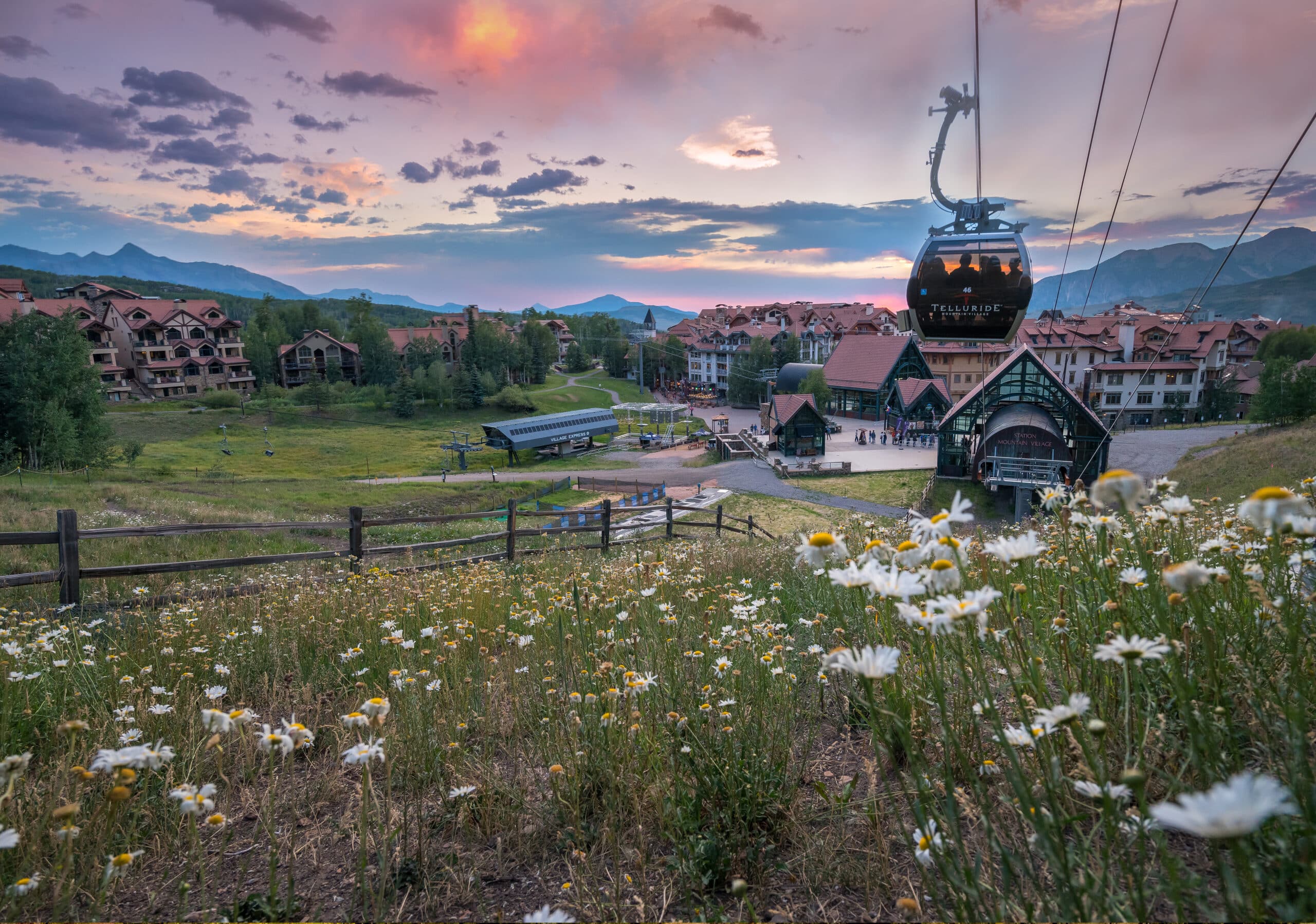Grow Your Connection to Food | By Sarah Klein
What is food to you? Comfort? Fuel? Confusion? Yet another thing you have to do?
For some of us mealtime can lead to rushed confusion and more stress.
We grab food off grocery store shelves packed in plastic verse from the earth these days. The inescapable pervasiveness of processed and packaged food has created a disconnect for us, impacting our health, the health of the planet and our ability to eat mindfully.
A study showed that 60 percent of calories bought in the U.S. are highly processed. We all know processed foods are no good for our health but have you thought about how they impact your relationship to food?
What would change for you if you brought the mindfulness skills we practice in yoga to the dinner table? The grocery store?
Most unwanted food habits happen unconsciously. When we are truly present and aware, we avoid overeating, unhealthy foods and unethically sourced foods.
As we take greater interest in the origin of our food we inevitably increase our health and the health of the planet. (Recent little factoid, did you know that the livestock industry is more responsible for our planet’s excess greenhouse emissions than the auto industry?)
Yoga reveals the power of awareness. Yoga asks us to slow down in order to observe. Awareness can cure. Awareness connects us to our inner knowing.
Eating with awareness (or eating mindful) not only impacts what we eat, but how we digest.
Our nervous system and digestive system are highly interconnected. When we are in a mindful state we turn on our parasympathetic nervous system — i.e. our rest and DIGEST state. Only in this state can our body appropriately and efficiently pull nutrients from the food we eat.
When we eat in a state of stress because, say we are reading emails or rushing from one thing to the next, our blood moves away from the digestive track. Why focus on digestion when the body believes it is in a stressful situation? Our nervous system is like a light switch; we can’t be mindful and stressed at the same time.
So, for a multitude of reasons, bringing your yoga practice to the dinner table has many benefits.
All good relationships require quality time and understanding — your relationship with food is no different. The more we connect, the more we appreciate. Understanding how much it really takes to get that kale salad from the dirt to your plate will help you savor each bite with gratitude. Strive to transform your eating experience into an act of mindfulness and a ritual of pleasure. Imagine how that will impact your health!
There are many ways to deepen your connection with your food:
- Head to your local farmers’ market and meet the hard working farmers who plant those seeds.
- Sign up for a CSA (Community Supported Agriculture), which ensures you will be eating local all summer long and getting creative with a fresh box of goodies each week.
- Get into the kitchen and cook. Make cooking an expression of creativity.
The more we interact, the more we connect and respect.
But one of the oldest and best ways to grow your connection to food is to get down and dirty, in the dirt. Gardening. What better time to dive in than now?
Research shows that gardening can lead to incredible health benefits, like decreasing risk of dementia (yup, a 2016 study showed gardening lowered one’s risk by 36%), boosting mood, decreasing stress and helping sleep habits. With too many potential benefits to list, a home garden is a no-brainer.
Here are a few tips to get you into the dirt this season and grow that connection to food:
1. Start Small
Hold off on that tractor down payment. No need to become a farmer overnight. Start with one veggie or one herb. Pick something you will absolutely enjoy. Stick it in a visible place, making it easy to remember to water it. Notice the experience you have when eating this homegrown treat.
2. You don’t have to start from a seed
Starting from seed can be amazing, and it opens the door to more varieties but it’s significantly more involved. Consider using baby plants called ‘starts.’ Let the professionals with the practiced green thumbs kick things off for you.
3. Think light, soil and water
Soil is essentially your plant’s food, make it nutritious. Enrich your soil with bulk compost or aged mushroom soil. Mix 50% of that with 50% native soil.
Give your new plant friend around 6 hours of daytime light.
Set a calendar reminder so you don’t forget to water — soon you will get your own sense of your plant’s water needs just by looking at it.
Just like us, your plant needs food, water and light.
4. Make a Raised Bed
Ready to commit? This allows you to control the soil and nutrient blend, critical for success. Never make the bed wider than 4 feet (so you can pick without stepping on plants) and be mindful to use nontoxic materials.
5. Join a Community Garden
Don’t have the space? Want a like-minded community for support? Join a community garden.
6. Have Fun and Practice Non-attachment
Bring a spirit of playfulness and an open-mind to your gardening. Have fun, connect to nature and, just like yoga, let it be about experiencing verses accomplishing.
Turn meal time into a ritual of pleasure, appreciation and joy!
Photo by Bonni Pacheco Photography.
Originally published in the Summer + Fall 2018 issue.
 Sarah Klein, owner of Whole Health Lab, lives in the southwest corner of Colorado and enjoys spending her time in the mountains, on her yoga mat and in the kitchen. She uses her background in health psychology, nutrition and yoga to teach that true health is a balanced recipe of consistent exercise, whole foods, positive thoughts, healthy relationships and meaningful work. Sarah runs 200-hour yoga teacher trainings, teaches yoga and wellness retreats around the globe and works one-on-one with clients to create whole health through yoga and nutrition. Learn more about Sarah: wholehealthlab.com and on Instagram @wholehealthlab. Join her in Cuba this November for an international yoga adventure!
Sarah Klein, owner of Whole Health Lab, lives in the southwest corner of Colorado and enjoys spending her time in the mountains, on her yoga mat and in the kitchen. She uses her background in health psychology, nutrition and yoga to teach that true health is a balanced recipe of consistent exercise, whole foods, positive thoughts, healthy relationships and meaningful work. Sarah runs 200-hour yoga teacher trainings, teaches yoga and wellness retreats around the globe and works one-on-one with clients to create whole health through yoga and nutrition. Learn more about Sarah: wholehealthlab.com and on Instagram @wholehealthlab. Join her in Cuba this November for an international yoga adventure!Introducing the Botanica beeswax jar candles, a pure concoction of raw beeswax and essential oils, no more, [...]

Subscribe to Our Tribe
Stay up to date with Y+L News, Events and special announcements.










